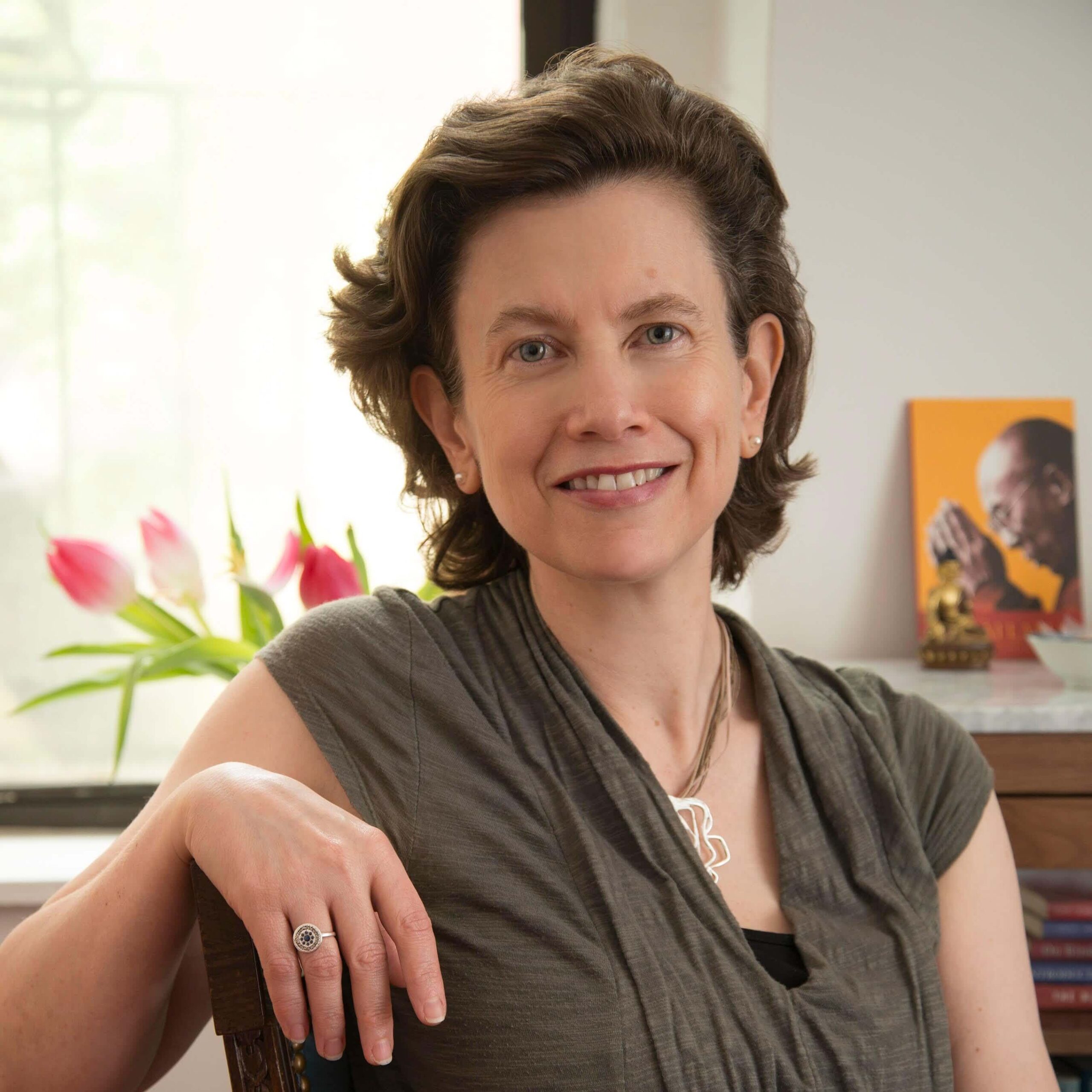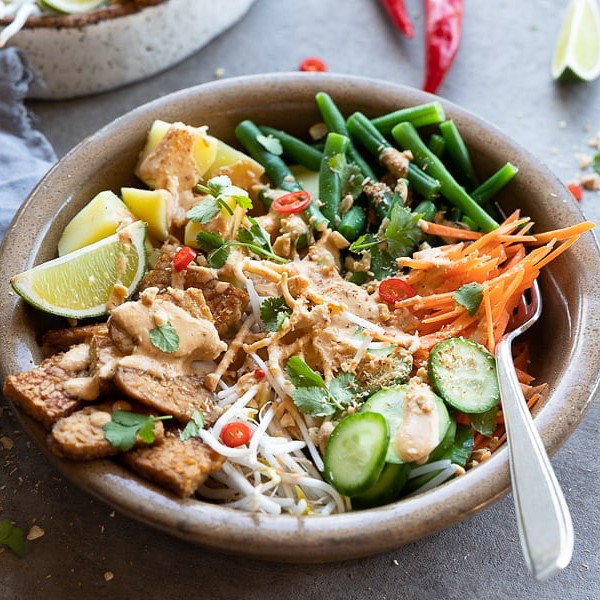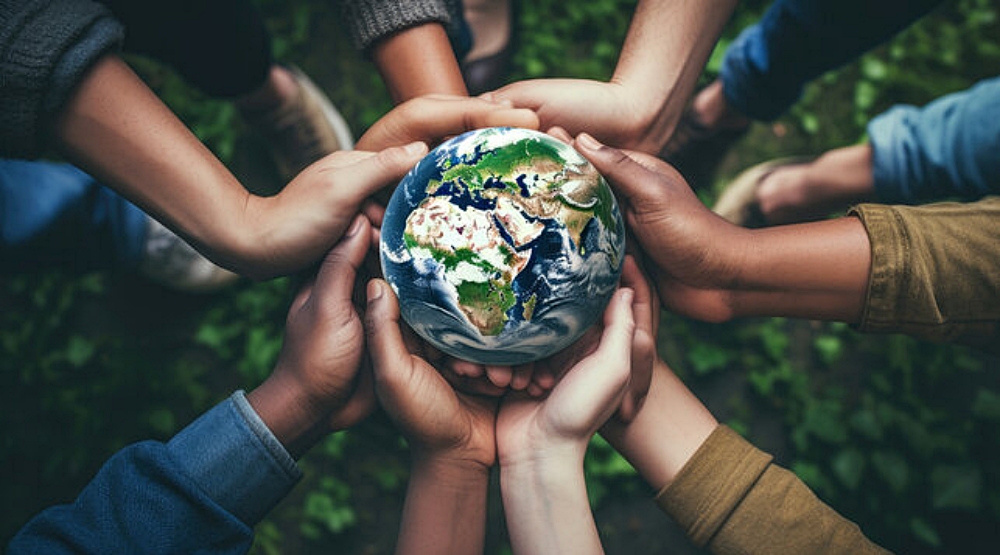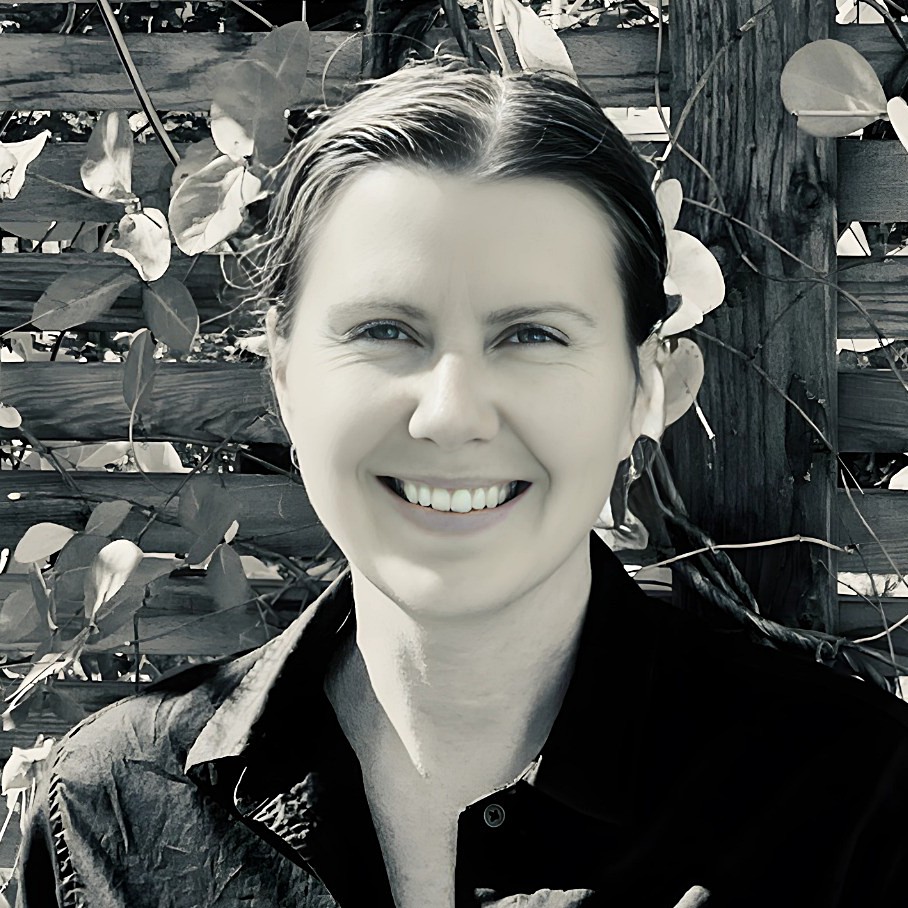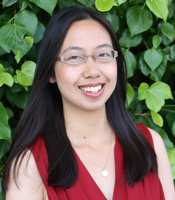
In 2023, I attended the inaugural Roots & Refuge convened by Chenxing Han and in 2024, I couldn’t wait to come back. Ensconced in the academy as a literary and ethnic studies scholar for nearly a decade, I became accustomed to using writing as a vehicle for some ends—a publication, a lesson plan, an advising tool. I was always translating Asian America for others, with barely any mental space for myself. At Roots & Refuge, I met dozens of people who believed in art’s ability to speak both to Asian America’s political coalitions as well as Buddhism’s cultivation of compassion for oneself and others. Through them, I was reminded that creativity, justice, and care are intertwined with one another, and that caring for others cannot come at the expense of caring for ourselves.
The retreat takes place on the grounds of the Barre Center for Buddhist Studies in central Massachusetts, which is surrounded by a verdant nature preserve dotted with small local farms. During the summer, the insects shurring are louder than your own voice, and it’s possible that you will take a walk into the morning and be approached by young deer if you stand very still. Over my first dinner conversation, we dove deep into the emotional labor involved in social justice work. Holding space for the pain of others—for me it was the Asian American faculty, students, and administrators attempting to navigate hostile institutions of higher education—was relentless. We were always in the ICU ward doing triage, going overtime and overboard in meeting with others. First, I was enthusiastic about helping others, then I was exhausted all the time, guilty and ashamed at never being able to do enough, and finally, I felt unending irritation.
At Roots & Refuge, we rested. Morning meditations, afternoon activities, and group mealtimes were always offered but never required. Our daily writing periods of two and a half hours came with no obligation for specific outputs. Some days, I talked for hours because I didn’t want to miss a moment. Others, I napped or took quiet walks by myself. Everywhere I went, I saw the other members of the retreat sitting in the grass, lolling about on couches, propping doors open for casual conversation. We refilled each other’s water glasses and tea mugs; we cleared each other’s dishes. Can I get you anything, do you need anything, I will stay and listen. We chanted sutras. We felt the fudginess of pastels and set them to blank paper. We selected singular lines and made a collective poem.

This could be emotionally difficult work. It was acknowledging the causes and consequences that had brought us here; how the forces of white supremacy, imperialism, and capitalism had spurred the creation of Asian America in the first place and the appropriation of Buddhism into the depoliticized rhetoric of toxic positivity and consumerist self-care— “just focus on the present.” We did the historical excavation, writing ancestral tablets, marking our family’s migration stories on a timeline, choosing a bodily gesture to embody those long gone. We reflected on our ancestors’ pains and on our own pains. But even when we were alone, we were being held. Our breaths were shared, whether we were sitting in companionable silence or telling our stories. I thought I would only talk about serious things and cry, but I was pleasantly surprised when a new voice emerged—one that was jaunty, humorous, and still able to laugh at hard things.
Alongside the space of the retreat, I read Tricia Hersey’s Rest is Resistance: A Manifesto, where she argues that the pressure to always be productive is racist, based in the legacy of plantation slavery that worked African Americans to death. Instead, she advocates for more rest—carving out mental space, like meditation, journaling, and short naps—even if one is worried about paying the bills, finishing a degree, and raising children, as Hersey was when writing her book—that is essential to not just our surviving, but also our thriving. Exhaustion, Hersey states, keeps you on the grind and away from being creative. And creativity is the lifeblood of justice.
We all had different relationships to the categories of Asian American, Buddhism, and writing. None of us felt completely comfortable with these categories, and we wondered what it meant to put them all together. There were ordained priests and published authors, while I had never spent extended time in a temple and others were sharing their writing with a larger group for the first time. It was all part of the magic, to be self-conscious yet at ease, open to all potential paths. At the retreat in August 2023, someone commented that perhaps our conversations would never leave the incubation space of the retreat. At that moment, a summer rainstorm started. Yet the sun stayed, splaying the light into an iridescent rainbow. No way, I thought, there is no way. It felt like I was witnessing the birth of a movement.
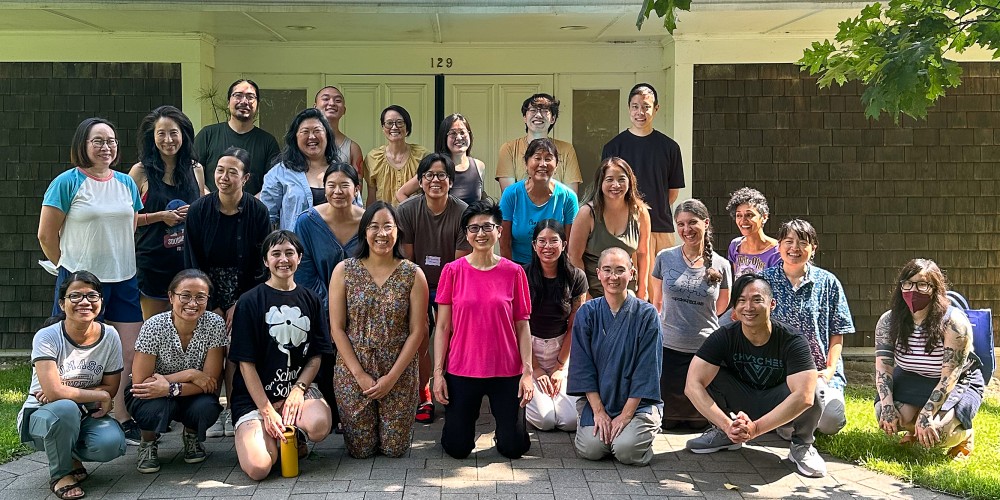
Roots and Refuge, Rest is Resistance. There is value to nurturing the inner, creative forces within us before going out into the world again; to sitting still in the pursuit of change. So here goes: if things aren’t working out, take a deep breath, and exhale. If the world is inhospitable, take one step, then another. You can keep going. Wake up early, do the dishes, keep things small. Observe the rush of the water, and the light from the stars. If you can’t see the stars from where you are, as I often still cannot, that’s okay.
Take a stone and a piece of string.
See what you can make.
